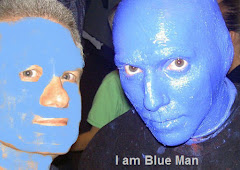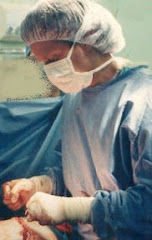As we get deeper into the realm of genetics, the full implications of it are become clearer, and muddier. It's so much and has implications on nearly everything in clinical medicine. If your genes (genotype) don't cause the disease, it certainly provides the environment for disease to surface or be encouraged. Likewise the genes set up our milieu for health. But it is increasingly becoming the reality for me that the front line, primary care physician, from presentation alone, cannot possibly use this information easily in practice beyond just ordering a gene test first.
Dr. David Ledbetter, Ph.D., in the New England Journal of Medicine recently stated that the clinical implications of modern genotype technology and the understanding of even small changes (called micro-deletions) that can affect a patient..."The total number of disorders is now far too large for a pediatrician, or even a pediatric geneticist, to make a specific clinical diagnosis before genetic testing." When you consider the programmed responses of our genes to foods, drugs, and other environmental "assaults", the need for knowing the genes (and not guessing) becomes really evident.
We now know that given a specific drug, that it is probably that each person reacts differently based on how their genes are programmed. Can you "see" this clinically. No. It is nearly impossible to guess how somebody will react to anything we impose upon them.
So when we order screening laboratories in the near future, it is like that part of the standard panels for disease diagnosis will include routine genetic testing. The implication of that, are significant. If you think about it, we will then begin to obtain information about the genetic makeup, and environments created by those genes, in the patient well before disease (or health) become apparent clinically. Ponder the ramifications of that for a moment.





